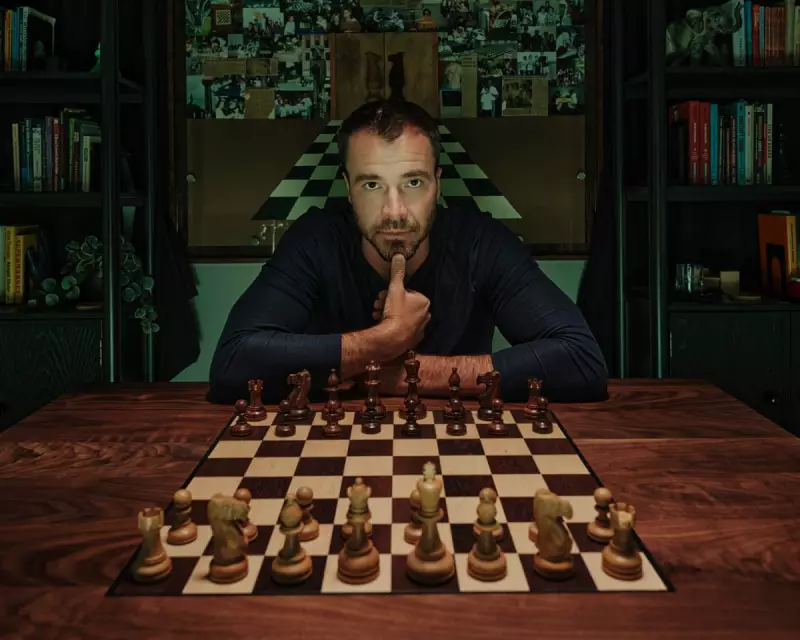
The world of competitive chess was robbed of a shining talent for over a decade, not by a rival or a scandal, but by the insidious grip of a religious cult. This is the extraordinary story of Danny Rensch, a grandmaster-in-the-making whose life and career were systematically dismantled by the very group he believed was his salvation.
At just 15 years old, Rensch was a celebrated chess phenom in the United States, a former national junior high champion whose future was dazzlingly bright. His trajectory pointed squarely towards the upper echelons of the game, a promise that was abruptly and mysteriously broken.
The Disappearance of a Prodigy
Rensch vanished from the competitive circuit in the mid-2000s. To his peers and the chess community, it was an unexplained tragedy—another potential star that had flickered and died. The truth, however, was far more sinister. As Rensch reveals in a harrowing new interview, he had fallen under the spell of a fundamentalist group that identified first as the ‘Worldwide Church of God’ and later morphed into the ‘Grace Communion International’.
This wasn't a simple loss of interest. It was a calculated severing. “They convinced me that my talent was a dangerous distraction, a vanity,” Rensch recounts. “The outside world, including chess, was portrayed as sinful and corrupt. My passion had to be purged for the sake of my soul.”
A Decade of Control and Coercion
For ten years, Rensch’s life was not his own. The cult’s control was absolute, extending to every facet of his existence:
- Intellectual Suppression: He was forbidden from playing chess, studying strategies, or engaging with anything related to the game that once defined him.
- Social Isolation: Contact with family and old friends was heavily monitored and discouraged, cutting him off from his support network.
- Financial Exploitation: He was pressured to donate his savings and any earnings to the church, ensuring financial dependence.
- Psychological Manipulation: The group employed classic cult tactics, using fear and guilt to maintain control, framing their demands as divine will.
His identity was systematically erased and replaced with that of a devout, compliant follower. The grandmaster was buried alive.
The Painful Path to Freedom
The road to escape was long and fraught with psychological turmoil. Leaving meant confronting the terrifying prospect of eternal damnation, a threat the cult leadership wielded effectively. It was a gradual process of awakening, sparked by creeping doubts about the leadership's hypocrisy and a deep, unshakable longing for the game he loved.
“The real turning point was admitting to myself that I missed chess,” he says. “That simple, human emotion was the crack in their armour. It was my truth against their fiction.”
His return to the world and to chess has been a complex journey of rebuilding. While he has reclaimed his life and now works within the chess community, the psychological scars remain. His story is a stark warning about the vulnerability of young talent and the destructive power of coercive control.
Rensch now uses his experience to advocate for mental health awareness and critical thinking, urging others to recognise the signs of manipulation. His greatest move was not on any chessboard, but the courageous decision to reclaim his own mind and life.





